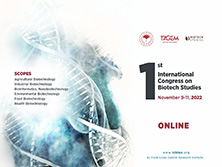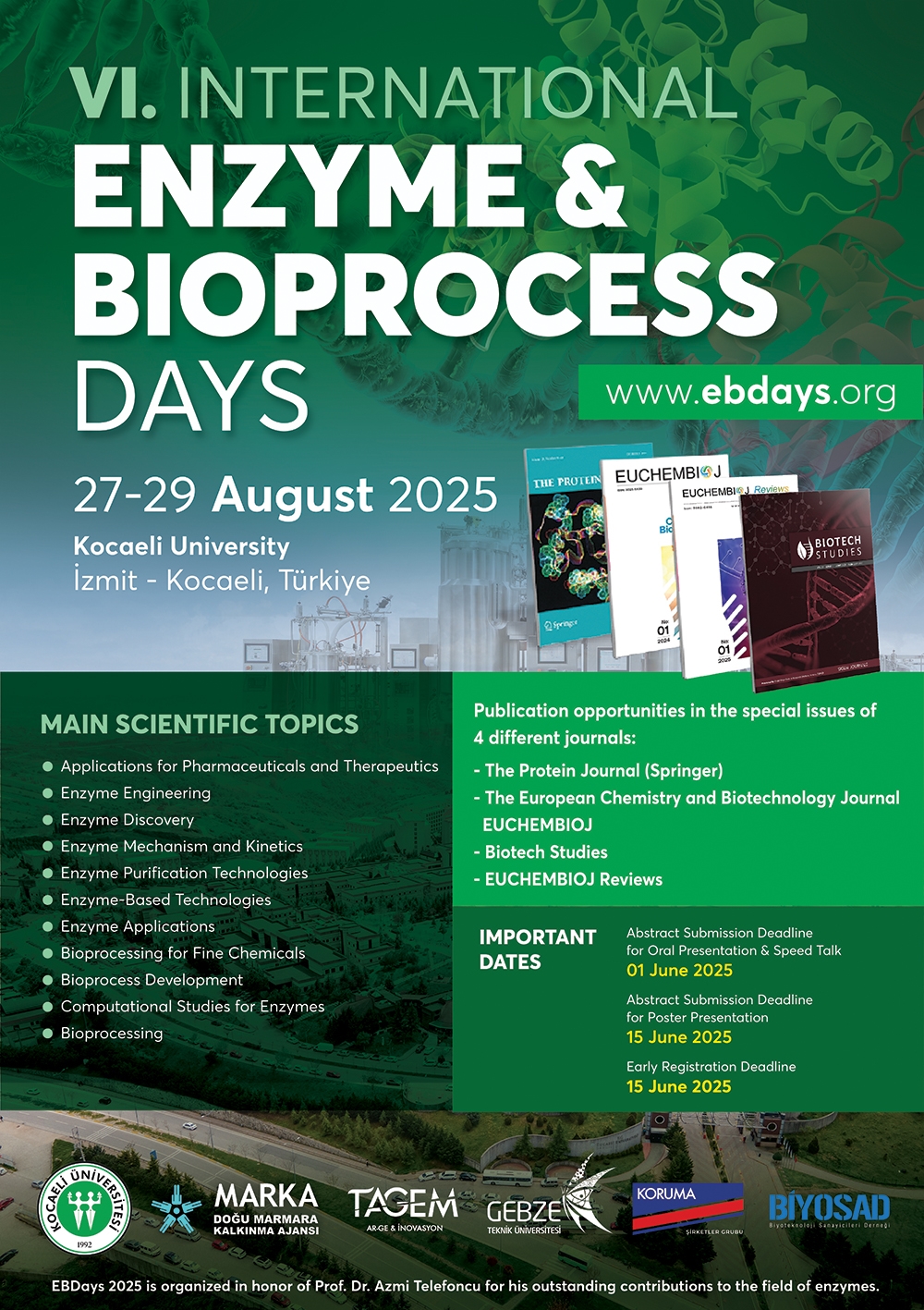Biotech Studies
2026, Vol 35, Num, 1 (Pages: 010-024)
Nanotechnology assisted natural antioxidants: Applications of Propolis loaded nanocarriers in cancer therapy
2 Gazi University Graduate School of Natural and Applied Sciences, Advanced Technologies, Ankara, Türkiye
3 Gazi University Faculty of Health Sciences, Nutrition and Dietetics Department, Ankara, Türkiye DOI : 10.38042/biotechstudies.1757098 - Apitherapy products, including honey, propolis, royal jelly, pollen, bee venom, and bee bread, are regarded as natural medicines with therapeutic effects on a variety of diseases. Among these, propolis has gained significant attention in medicine and pharmaceuticals due to its antioxidant, antimicrobial and anticancer properties, mainly attributed to its flavonoid and phenolic content. Its strong antioxidant and anticancer effects are associated with multiple mechanisms (apoptosis induction, cell proliferation suppression, antiangiogenesis, etc.). However, the clinical use of propolis remains restricted because of its poor solubility together with its unstable nature and inconsistent chemical composition. Nanotechnology offers effective solutions to these challenges by improving propolis stability, bioavailability, and targeted delivery. Therefore, incorporation of antioxidants derived from natural products with modern nanocarrier systems will provide a more effective and safer way to mitigate the impact of cancer therapies. This review aims to highlight current developments in propolis nanoencapsulation for cancer therapy, focusing on polymeric nanoparticles, lipid nanocarriers, nanoemulsions, etc. It further examines current nanoencapsulation methods and evaluates recent in vitro and in vivo studies on propolis nanoparticles as anticancer agents. Keywords : Propolis Polyphenols Nanocarriers Antioxidant activity Anticancer activity
















